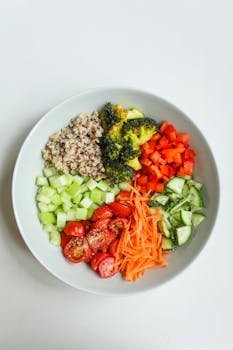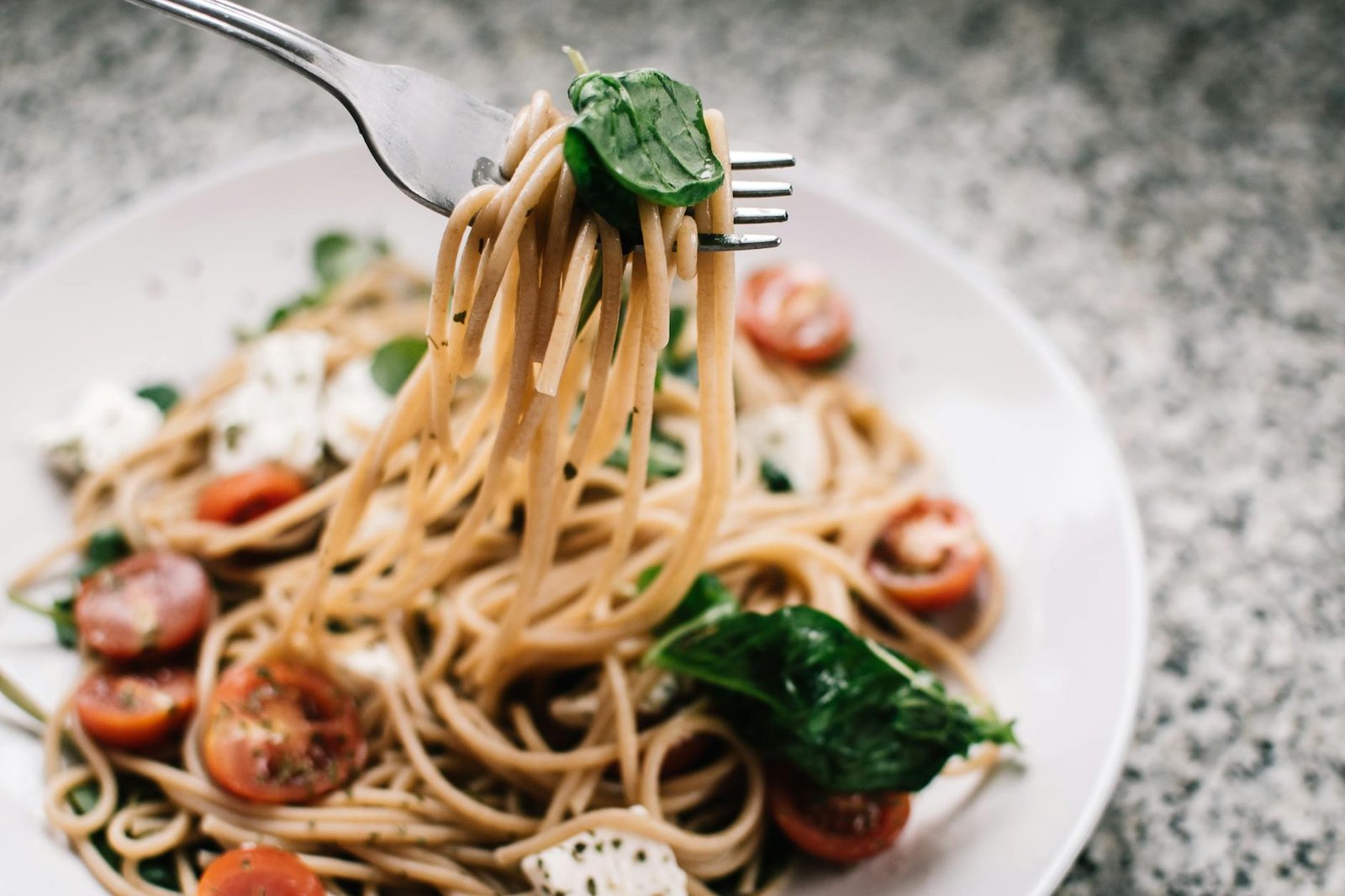By A.Geri

Your dinner choices play a vital role in your overall health and fitness. Eating late in the day should fuel your body gently, not overload it. That means steering clear of heavy, greasy, or highly processed foods that can lead to sluggishness, poor sleep, and unwanted weight gain.To stay fit and maintain a balanced metabolism, it’s essential to avoid foods high in refined sugars, saturated fats, and excessive calories at night. Choosing lighter, nutrient-rich meals can promote better digestion, support your energy levels, and help prevent chronic health issues.
Why Dinner Matters for Your Health?

What you eat at night can either support your goals—or set you back. Meals that are difficult to digest or that cause inflammation—like fried foods and sugary treats—can disrupt your sleep and slow your metabolism. In contrast, eating wisely in the evening fosters long-term wellness and supports your body’s natural rhythms.Understanding what not to eat helps you make smarter, more consistent dietary decisions. That consistency can be the difference between thriving and merely getting by.
Foods to Avoid for Dinner
Avoiding certain types of foods in the evening can significantly improve digestion, sleep quality, and weight management. Let’s take a look at the main culprits:
1. High-Fat Fried Foods
Foods like fried chicken, French fries, and onion rings are not just calorie-dense—they’re also full of trans fats that slow digestion and promote fat storage, especially when eaten close to bedtime. These items can also cause indigestion, leaving you uncomfortable and restless through the night. Opt for grilled or baked alternatives with minimal oil to keep things light and easy on your stomach.
2. Heavy Carbohydrate-Rich Meals

Big servings of white rice, pasta, or creamy mashed potatoes may feel comforting but can spike your blood sugar and insulin levels. These meals offer little nutritional benefit at night and may encourage fat storage while you sleep. Instead, choose smaller portions and include fiber-rich sides like leafy greens or roasted vegetables.
3. Sugary Desserts and Sweets
Desserts loaded with refined sugar—like ice cream, cookies, or cake—can wreak havoc on your blood sugar and insulin sensitivity. These “empty calorie” treats are best avoided after dinner. Instead, opt for naturally sweet alternatives like fruit or Greek yogurt to satisfy your cravings without derailing your goals.
How Food Affects Digestion at Night ?
Digestion naturally slows down in the evening, which makes smart food choices even more important. Here’s how certain habits can impact your sleep and gut health:
Processed Meals and Digestive Issues
Highly processed meals often contain excessive salt, unhealthy fats, and preservatives that can cause bloating and indigestion. Eating them late can lead to acid reflux and poor sleep. Replace processed dinners with whole, nutrient-dense meals—think lean proteins, whole grains, and fresh vegetables.
Late-Night Caffeine Intake

Even small amounts of caffeine in tea, soda, or chocolate can disturb your sleep if consumed too late in the day. Caffeine blocks adenosine, a chemical that signals your brain to rest. Limiting caffeine after mid-afternoon supports deeper, more restorative sleep and promotes your body’s natural sleep-wake cycle.
Healthier Dinner Alternatives
Swapping out unhealthy dinner items for balanced, nourishing alternatives can make a noticeable difference in how you feel—and how you sleep.
Lean Proteins
Choose proteins like grilled chicken, turkey, or fish to stay full without the extra fat. Plant-based proteins like tofu, lentils, and tempeh also offer fiber and essential nutrients, promoting healthy digestion and satiety. Avoid processed meats with high sodium or preservatives.
Vegetable-Based Meals
Vegetables are rich in fiber, antioxidants, and essential vitamins—all while being low in calories. Incorporating roasted, steamed, or raw veggies like spinach, peppers, broccoli, or zucchini into your evening meal keeps blood sugar stable and curbs overeating.
The Smarter Way to Eat at Night
What you avoid eating at dinner is just as important as what you choose to include. By cutting back on fried, sugary, and heavily processed foods—and focusing on lean proteins, vegetables, and whole ingredients—you support your body’s natural functions, promote restful sleep, and maintain long-term health and fitness. Making small, intentional changes to your evening eating habits can yield big results over time. So next time dinner rolls around, make choices that your body will thank you for—both tonight and tomorrow.
#HealthyDinnerChoices #EatSmartStayFit #EveningNutritionTips

